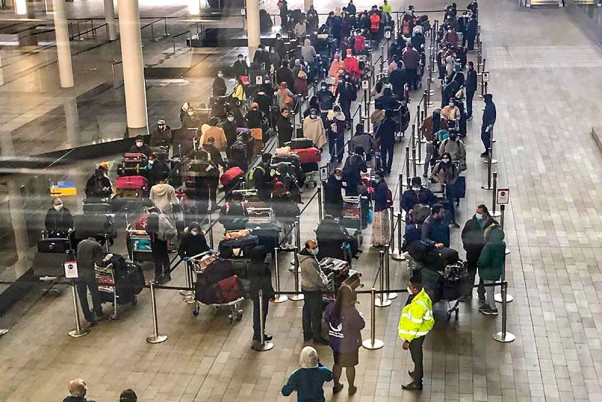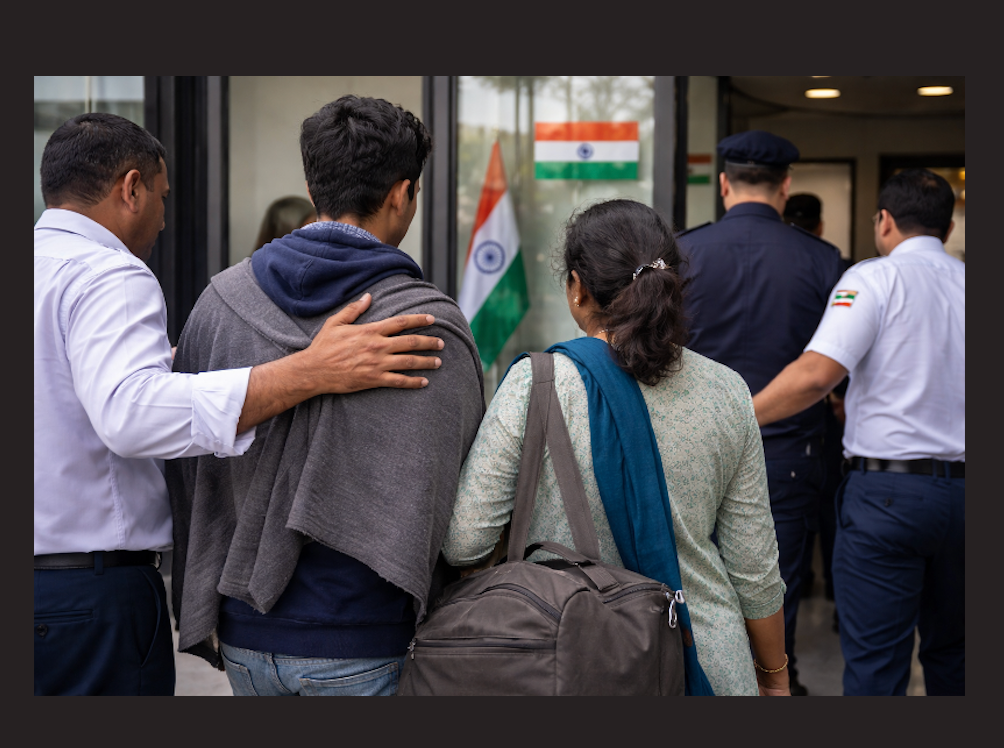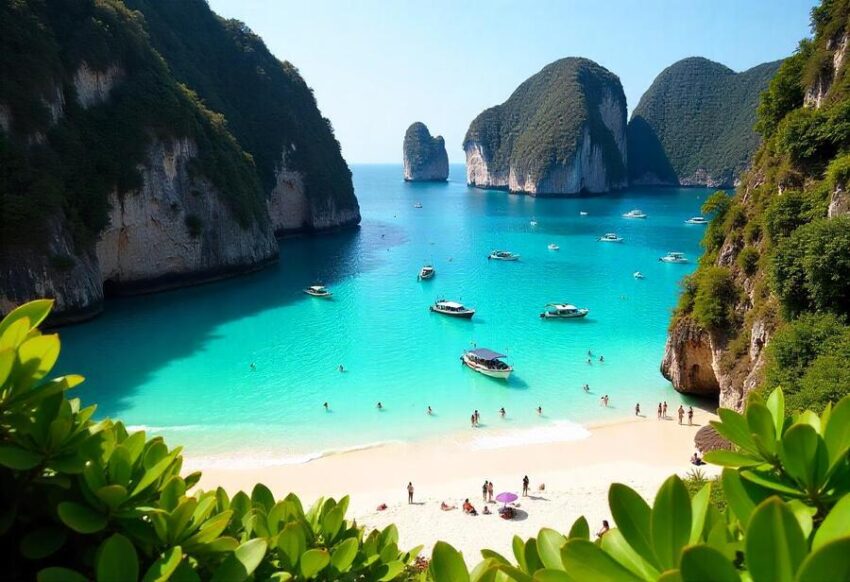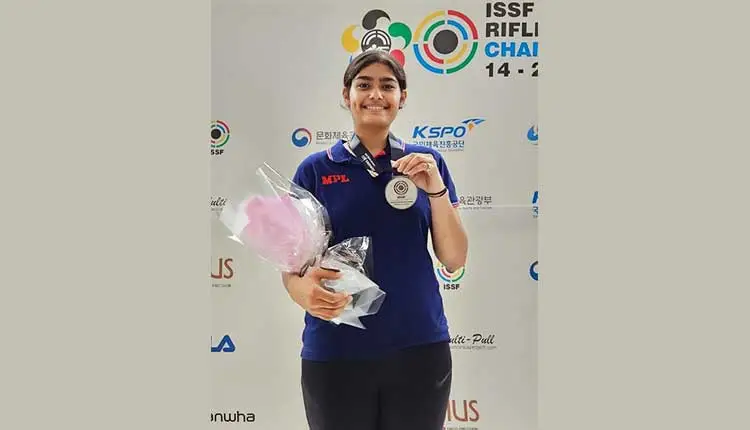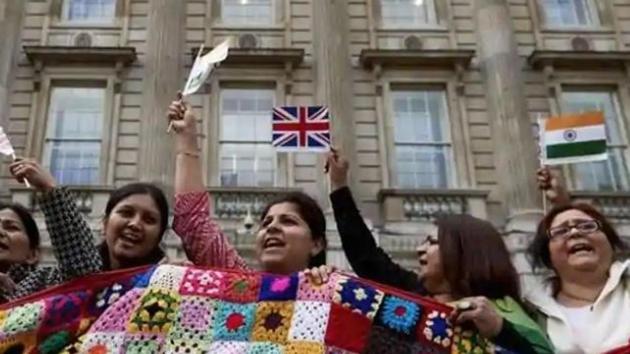-
Because workers’ employment and residency visas are linked and only sponsors can renew or terminate them, the system endows private citizens rather than the State with control over workers’ legal status, creating a power imbalance that sponsors can exploit
-
In most situations, workers need their sponsor’s permission to transfer jobs, end employment and enter or exit the host country. Kafala is an exploitative labour system where the employee is tied to the employer thus showing signs of modern day slavery
A majority of the nine million-odd Indians in the Gulf Cooperation Council (GCC) countries are low-paid migrant workers who are often subjected to human rights violations as the countries follow the kafala system, reported theleaflet.in. The kafala, or sponsorship, system defines the relationship between foreign workers and their local sponsor, or kafeel, which is usually their employer. Under this system, the State gives local individuals or companies sponsorship permits to employ foreign labourers.
Because workers’ employment and residency visas are linked and only sponsors can renew or terminate them, the system endows private citizens rather than the State with control over workers’ legal status, creating a power imbalance that sponsors can exploit. In most situations, workers need their sponsor’s permission to transfer jobs, end employment and enter or exit the host country. Kafala is an exploitative labour system where the employee is tied to the employer thus showing signs of modern-day slavery.
The struggles and hardships faced by the Indian community working in Gulf countries is an open secret. The number of cases where Indians living and working in Gulf countries may need assistance from the Indian government is unknown but it is anybody’s guess that it must be substantial.
One channel through which assistance might be provided is the Indian Community Welfare Fund (ICWF). Established in 2009, the ICWF is a self-sustaining fund aimed at assisting Indian nationals overseas in times of distress and emergency in the “most deserving cases”, on a “means tested basis”.
The ICWF does not receive support from the Union budget, rather the fund is generated through a service charge levied on consular, passport and visa services provided by Indian diplomatic missions. According to a recent statement by the Ministry of External Affairs placed before the Parliament, Indian embassies in the six GCC countries have contributed INR109 crore to the ICWF.
The United Arab Emirates (UAE) has the highest ICWF reserve (INR 38 crore) and Kuwait has the lowest (INR 4 crore). Saudi Arabia has INR 34 crore; Bahrain, INR 14 crore; Qatar, INR 12 crore; and Oman has INR 6 crore as ICWF reserve.
It is the employer’s responsibility to pay for the employee’s medical bills and the cost of repatriating the employee’s body in case the employee dies while working abroad. However, employers who are already facing financial difficulties may not be able to fulfil this responsibility. In such cases, social workers may need to intervene and help the employee’s family get reimbursement by the embassy.
In case of body repatriation, social workers make an advance payment of the money with the knowledge of the Indian embassy and they get it reimbursed in two to three months. To repatriate a body, a social worker has to shell out around INR 1,20,000, which includes mortuary charges, coffin price, cargo charges, airline fare, embalming charges and many other miscellaneous expenses.
Shameer P.T.K., an Indian social worker based in Oman, has shared the struggle of obtaining financial aid from the ICWF for Indian workers in need with The Leaflet. “Unfortunately, money from the ICWF is mainly allocated for body repatriation. If we apply for medical aid and legal help on behalf of a needy migrant worker, it is a difficult and time-consuming process,” Shameer said.
The United Arab Emirates (UAE) has the highest ICWF reserve (INR 38 crore) and Kuwait has the lowest (INR 4 crore). Saudi Arabia has INR 34 crore; Bahrain, INR 14 crore; Qatar, INR 12 crore; and Oman has INR 6 crore as ICWF reserve
Shameer further stated that of the 500 cases of body repatriation of Indians from Oman every year, at least 200 deserved aid. “But we get help only in 10 to 15 body repatriation cases annually from the embassy. For cases where Indians are in need of medical help and legal aid, assistance is hard to come by,” Shameer added.
Talking to The Leaflet, Abdul Lateef, an Indian social worker based in Saudi Arabia for the last three decades, also said that the Indian embassy rarely gives money from the ICWF. “As the number of Indians in Saudi Arabia is substantial, the number of those in need of help is also significant. Some are stranded, some are hospitalised, and some are fighting legal disputes with their employers … but when we apply for funds at the Indian embassy, it is like trying to get water out of stone,” Abdul said. “If it is a case of body repatriation, they will fund. But when a worker is alive and is in distress, it is hard to get some funds for their survival,” Abdul added.
The statement in the Parliament also confirms that more money is spent on body repatriation than on legal assistance. For example, in Bahrain, till June this year, while only INR 74,598 was allotted for legal assistance, INR 7,00,549 was spent on body repatriation. During the same period, while INR 87,989 was spent on legal assistance in Oman, INR 7,86,658 was spent on body repatriation.
Interestingly, the Parliament document reveals that in Kuwait not even a single paisa has been spent on legal assistance this year, but a sum of INR13,07,255 was spent on body repatriation.
In fact, in 2019, INR 1,85,328 was spent on providing legal help to workers, but no money from the ICWF has been released to fight legal disputes since then. However, INR 70 lakh has been released from Kuwait’s ICWF reserve for body repatriations.
A social worker in Kuwait, who requested anonymity, said, “These figures are not surprising. It is a well known fact that money from the ICWF is not released to fight legal disputes.”
Similarly, the Abu Dhabi Indian embassy (in UAE) and the Jeddah consulate (in Saudi Arabia) have not paid any money from the ICWF for Indian workers to fight legal disputes. Whereas for body repatriations, the Abu Dhabi office has released INR 28 lakh and the Jeddah office has allotted INR 2 crore.
Meanwhile, Sudheer Thirunilath, an Indian social worker in Bahrain, told The Leaflet that restrictions in allotting money from the ICWF are to make sure that aid goes only to ones who are truly in need.
********************************************************
Readers
These are extraordinary times. All of us have to rely on high-impact, trustworthy journalism. And this is especially true of the Indian Diaspora. Members of the Indian community overseas cannot be fed with inaccurate news.
Pravasi Samwad is a venture that has no shareholders. It is the result of an impassioned initiative of a handful of Indian journalists spread around the world. We have taken the small step forward with the pledge to provide news with accuracy, free from political and commercial influence. Our aim is to keep you, our readers, informed about developments at ‘home’ and across the world that affect you.
Please help us to keep our journalism independent and free.
In these difficult times, to run a news website requires finances. While every contribution, big or small, will makes a difference, we request our readers to put us in touch with advertisers worldwide. It will be a great help.
For more information: pravasisamwad00@gmail.com

